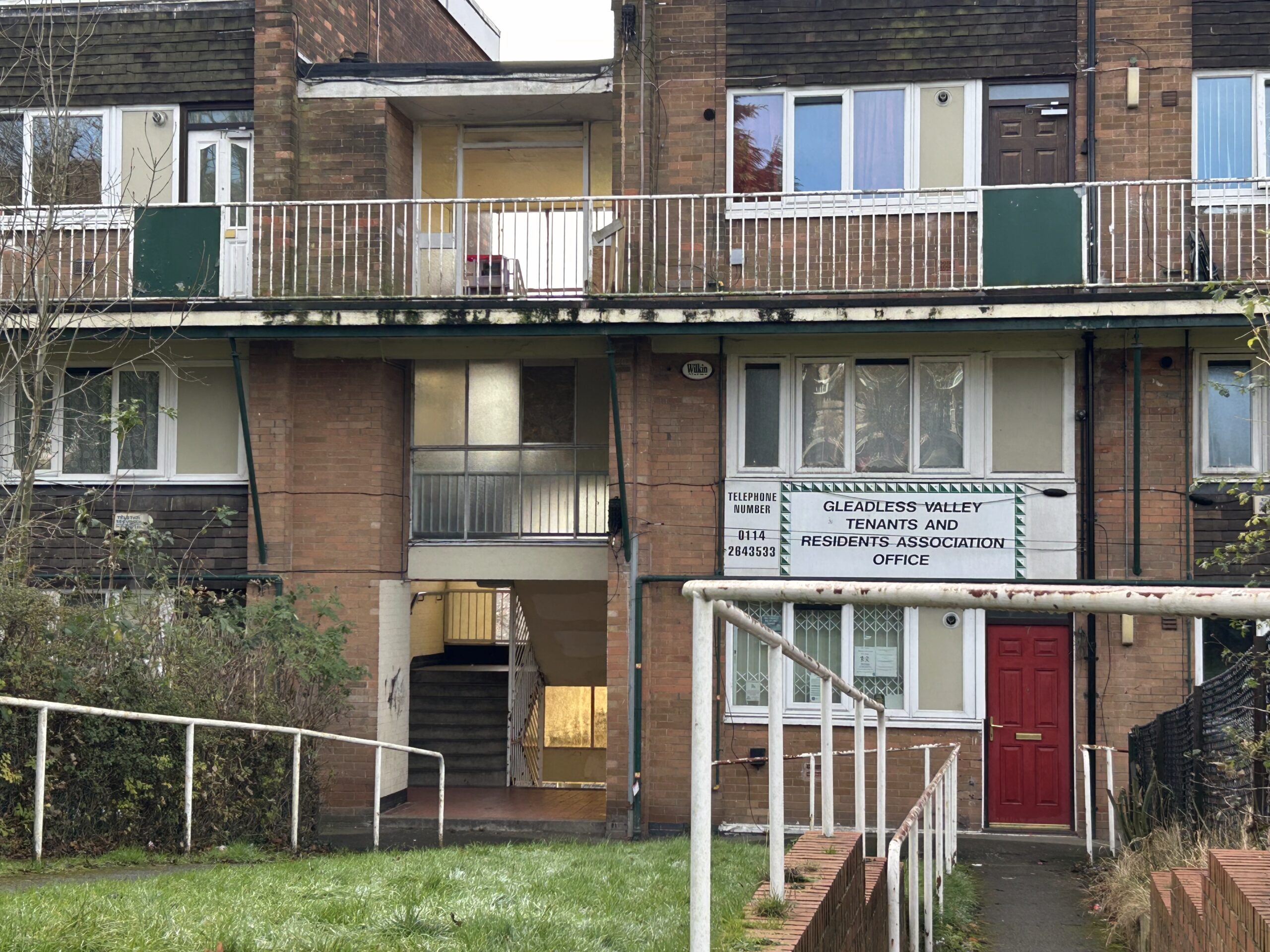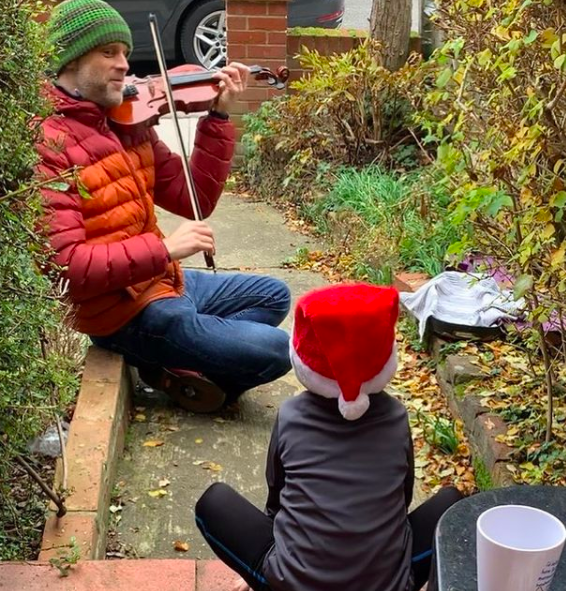Queer people face greater obstacles than the general population when accessing alcohol treatment, experts have warned.
Mistrust of healthcare providers, a lack of specialist services and communication problems all make it more difficult for LGBTQ+ individuals to access substance abuse treatment, despite the fact that members of the community have higher rates of drug and alcohol use than the general population.
“When someone doesn’t speak the language metaphorically or physically, it’s really quite difficult for people to be understood when they walk through the front door of a service,” said Ben Kaye, a counsellor specialising in substance misuse within the LGBTQ+ community.
He pointed out that NHS forms often list gender options as man, woman and other, making it difficult for transgender or non-binary individuals to accurately express their identity.
He also explained that many doctors are unable to provide adequate treatment and advice because they are not familiar with popular drugs within the LGBTQ+ community.
An example of this is GHB/GBL, an addictive substance commonly used in chemsex but that the NHS does not have a specific code for in their system.
Shannon Murray, a researcher at the University of South Wales, has found that one in eight LGBTQ+ individuals still report receiving unequal healthcare, with this figure rising to 32 per cent for transgender people.
She said accessing drug and alcohol treatment was a particular issue for transgender individuals because medical professionals might misunderstand their needs or attribute their substance use issues to their gender identity.
She noted that previous negative experiences with healthcare services may lead people to avoid formal treatment altogether, and to rely on informal support networks or attempt to self-manage their substance use issues instead.
While there are many LGBTQ+ specific drug and alcohol support services in London, disparities across the country are a major issue.
Ben said: “It’s a real postcode lottery. The kind of service you are going to be receiving really does depend on where you are located. London is awash with LGBTQ services, but when I was in Dorset there was hardly any.”
He said strengthening support networks would be critical to improving access to treatment as hostilities towards the LGBTQ+ community increase with the recent Supreme Court ruling on the meaning of ‘sex’ in UK law.
“Taking on the system is a very difficult thing to do. What we can do on the ground is services can be better when people need help.”



